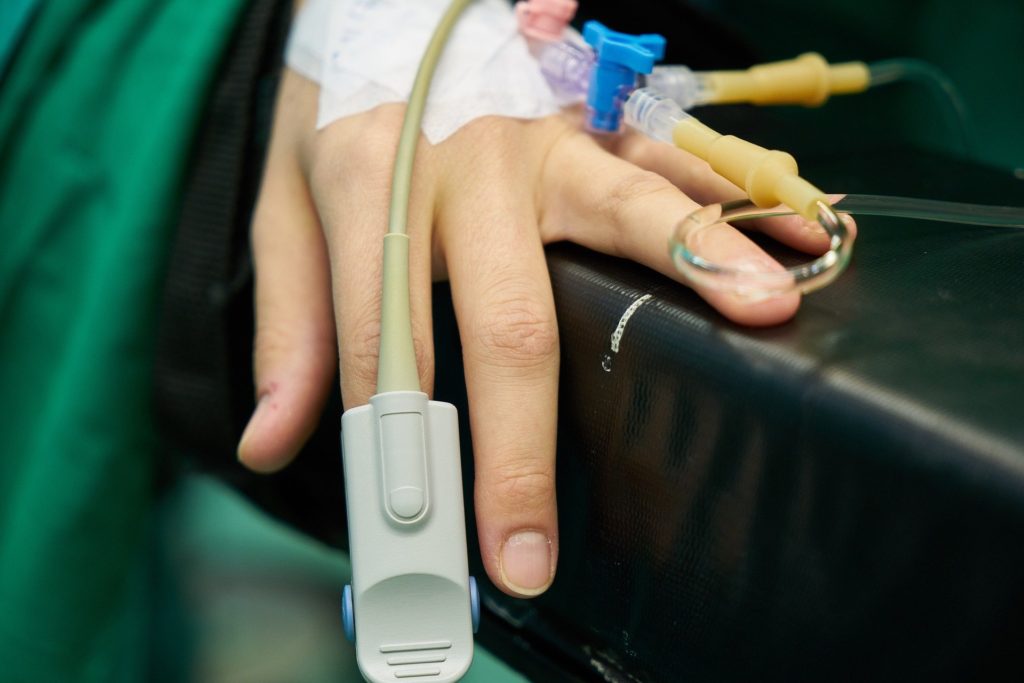The “BRAIN” behind Informed Consent
In the book Grace and Grit: Spirituality and Healing in the Life and Death of Treya Killam Wilber, author/theologian Ken Wilber talks about the years-long struggle his wife had with breast cancer. After numerous attempts, often cutting edge or non-traditional, even “natural” treatments, to stem the progress of the disease, he and his wife finally find themselves sitting in a traditional doctor’s office searching for any additional options for treatment. Finally, the doctor tells the couple that with intensive treatment she may survive up to six more months. In exasperation Wilber asks the question few tend to ask in situations such as this, “what if we do nothing—how long does she have to live then?” To which, the doctor replies, “About six months.”
We tend to hear the basic information we receive from a doctor during the lead-up to a medical procedure and say “okay.” We assume this is all there is to informed consent.
But your tacit acceptance of the doctor’s recommendation is not your only choice.
That a doctor may have a recommendation and you accept it because, after all, “they’re the doctor,” does not constitute informed consent. It is a false assumption. Unless, as a patient or medical proxy, the doctor walks you through the acronym B.R.A.I.N., you haven’t received the information to which you are entitled to provide truly informed consent.
Benefits * Risks * Alternatives * Intuition * (and the consequence of doing) Nothing. – B.R.A.I.N.
Benefits: What do you expect to gain by having this procedure performed?
Risks: What are the immediate AND the long-term effects of having this procedure performed? What are the potential negative or unpleasant downsides? What are the side-effects? Are the negatives long-term, permanent, or merely uncomfortable short-term?
Alternatives: What are the possible different treatments, perhaps non-invasive, non-surgical options? And what are the benefits and risks of doing them instead? Are any of them as effective?
Intuition/Insight: Often medical opinions are the result of years of training, experiences with similar conditions, and simply a “gut feeling.” Stories of people receiving different diagnoses for the same condition, and thereby receiving different treatments, are the result of intuition, or even guessing. Doctors, like most people, try to avoid “I don’t know.” This drives home why a second opinion is frequently of value.
Nothing: Like in the example of Ken Wilber and his wife, people need to feel like they are trying. Hearing “there is nothing we can do,” is not in the playbook. Yet, with terminal illness, doing “nothing” does not mean a person has to suffer. Rather the alternative becomes comfort care, palliative care or hospice.
If your doctor does not volunteer the “B.R.A.I.N.” information, take the time to ask. Although the information and the requirement to provide informed consent is not new or cutting edge, some doctors are reticent to provide it.
Doctors want to be proactive, to do whatever they can to fight a disease not matter how hopeless, sometimes whether or not there is a cure. Not because they want more money, or they don’t care about the quality of life during dying. Rather, it is akin to admitting defeat. It is how they are trained.
As human beings, whether doctors or patient or patients’ families and loved ones, “success” is defined as “doing everything we can” regardless of condition, to “cure,” even when a cure is neither possible nor fighting the inevitable is the most humane response. “Never give up.” It is the American way.
In the unfortunate case of terminal illness, fighting until the end is the antithesis of a good death. Most people, even doctors, would prefer to die at home, with friends and loved ones, with their pain comfortably managed, allowed to say goodbye. It takes strength to say, “I’m done.” And even greater strength for loved ones to accept the inevitability of death and say, “I understand.”
Informed consent is a major step toward making that possible.

